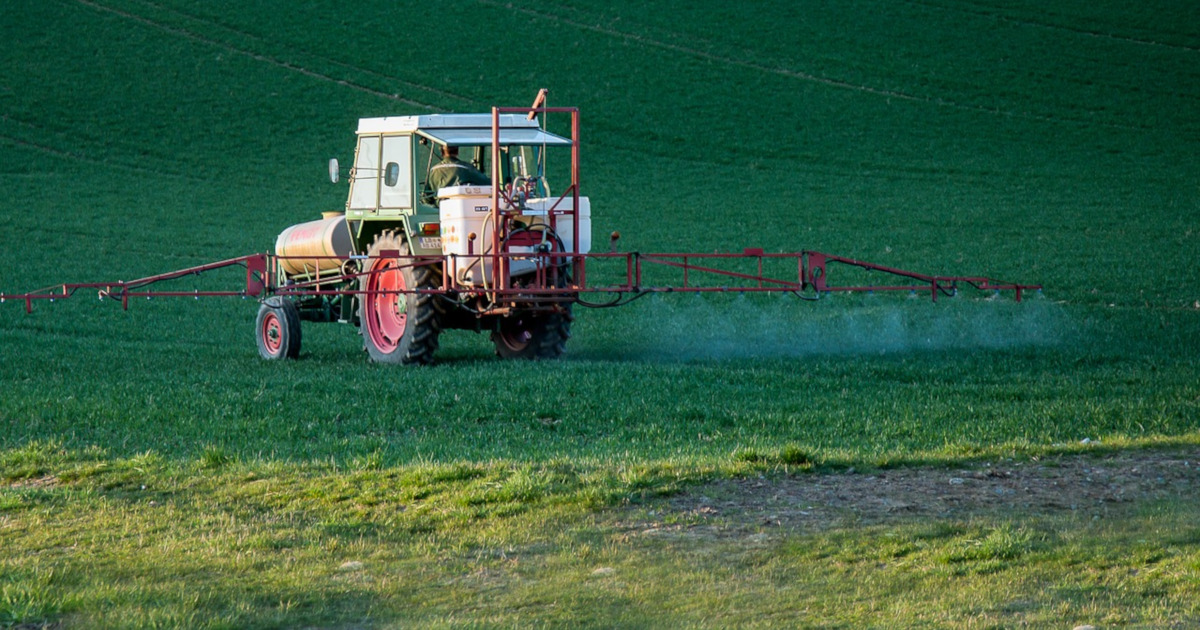
‘A Sip Can Kill’: Did a Chemical Company Misrepresent Data To Avoid Making a Safer Product?
Around the world, the deadly dangers of a weedkiller called paraquat are well known. When working with the highly toxic herbicide, farmers and other users take care not to splash or spill even small amounts of the product, heeding regulatory warnings that just a tiny amount – if swallowed – will kill them.
March 24, 2021 | Source: The Guardian | by Carey Gillam
A former Syngenta scientist alleges lives could have been saved with tweaks to the formulation of weedkiller paraquat
Around the world, the deadly dangers of a weedkiller called paraquat are well known. When working with the highly toxic herbicide, farmers and other users take care not to splash or spill even small amounts of the product, heeding regulatory warnings that just a tiny amount – if swallowed – will kill them.
“If you ingest just three drops of paraquat you’re going to die,” said the US farmer Cameron Peirce who uses the chemical sparingly in his fields of canola and mung beans in Kansas.
Switzerland, the home base of the paraquat maker Syngenta, has banned the chemical since 1989, and it has been banned for use in the EU since 2007, because of paraquat’s deadliness.
The US Environmental Protection Agency (EPA) allows only restricted use of the pesticide in the United States by people certified and trained to apply it, such as landscapers and farmers. And the agency warns users on a government website that “one sip can kill”. Paraquat warning labels carry the symbol of death – a skull and crossbones.
